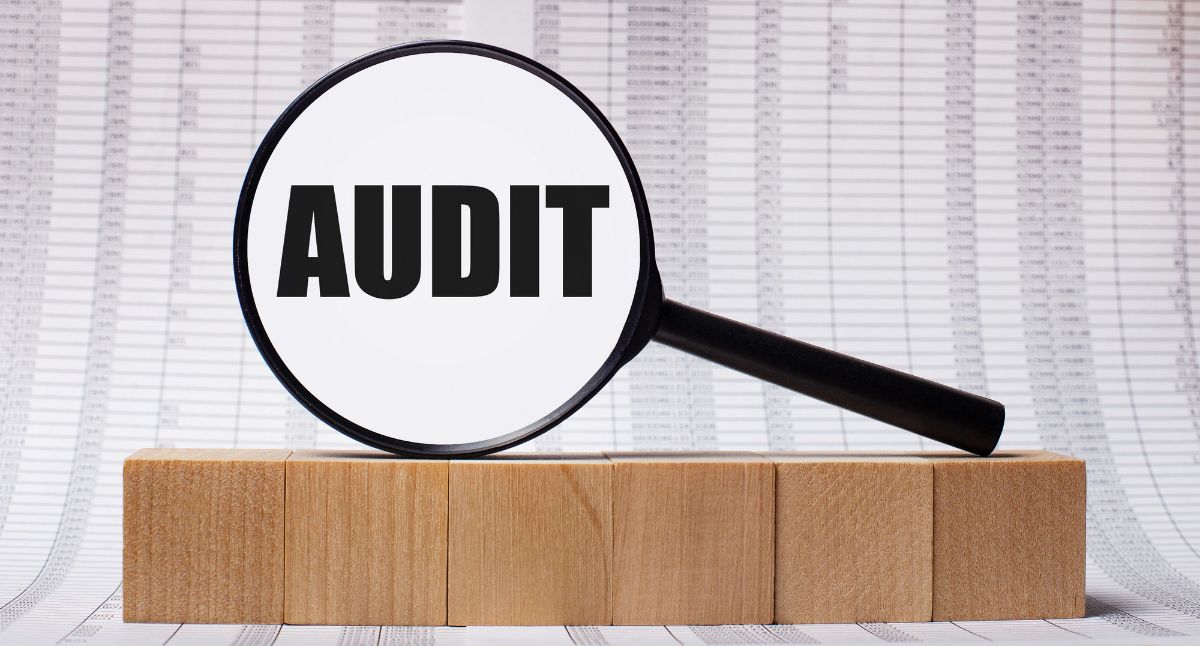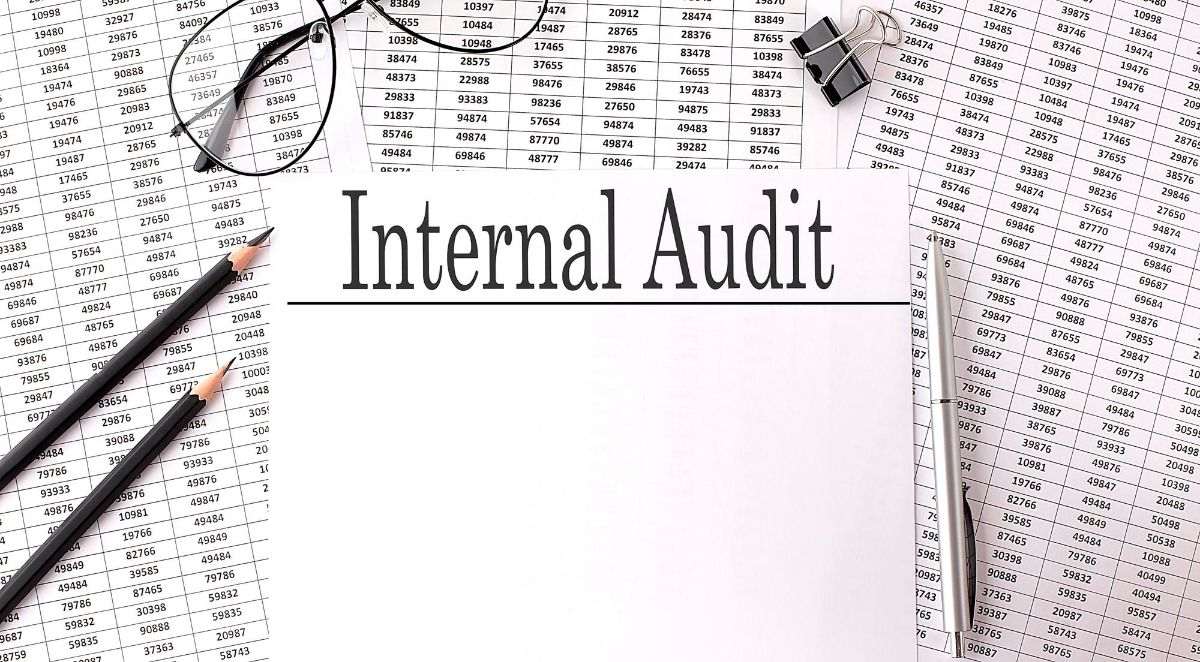How statutory / external audits work?
The word statutory represents that the audit is required by law. In business, a statute also refers to any rule set by the organization’s leaders or board of directors.
An audit is an examination of records done by an organization, business, government entity, or individual. This involves review of various financial records, information, and other key aspects of a business.
The main purpose of statutory audit is to determine if the financial information is reported and presented fairly and whether all financial records are materially accurate. At the start of an audit, the auditors provide details of what financial records and information will be required as part of their examination. The records are gathered and supplied as requested so the auditors can perform their review and audit procedures. If there are any deficiencies and inaccuracies, then an appropriate measure are communicated to the management of the company under audit.
Statutory audit is not an inherent sign of wrongdoing. Instead, it is a requirement designed to help enhance reliability and credibility of the financial information of the company and in turn may also help to prevent misappropriation of funds by ensuring regular examination of various records by a competent auditor.
Advantages of Statutory Audit:
-
- Credibility: Improves the credibility of the organization because when the audits have been conducted the financial reports are free from material misstatements.
- Improve efficiency: It improves the efficacy of the internal system as the auditor’s business understanding analysis, review of key business risks and internal policies and procedures would help them to provide valuable insights and recommendations to improve overall business performance.
- educe risk of fraud in an organization.
- Gain Stakeholders Trust: Helps to gain the trust of key stakeholders such as shareholders, financial institutions, and government.
In summary
Statutory audits are important for several reasons, first they are required by law and help to ensure that the management is not dysfunctional and has proper internal controls and helps to reduce the risk of fraud, misstatement of financial statements. It also helps in increasing the credibility of the business and improves the business process.
Statutory Auditors in Dubai, UAE
JRB Chartered Accountants are registered Statutory audit firm with MOE, Approved Auditors in DMCC, JAFZA, DAFZA and other freezones with its highly qualified and experienced professionals, delivering high-quality and reliable audit services.
For more information, please drop us an email at info@jrb.ea
Please note that this article is for information purposes only and should not be construed as an advice. It does not necessarily cover every aspect of the topics with which it deals. You should not act upon the contents of this alert without receiving formal advice on your circumstances.
Recent Blogs
-

The Comprehensive Guide to Statutory Audits: From Basics to Practical Examples
-

Types of Audits: What Every Business Owner Should Know
-

Who Uses External Audits and Why? Insights for Business Owners
-

The Five Key Elements of an External Audit Process
-

Internal Audit vs. External Audit: Which is More Effective for Your Business?
-

The Importance and Purpose of External Audits in Business
-

Guidance on Economic Substance Reporting
-

Environmental, Social, and Governance (ESG)
-

Economic Substance Regulations (ESR)
-

Corporate Tax in UAE
-

Auditing in Dubai, UAE
-

Accounting in Dubai, UAE
Contact us to know more
Contact Us- Audit & Assurance Services
- Tax Services
- Accounting & Outsourcing
- Risk Advisory
- Compliance Services
- Corporate Advisory
- Technology Consulting
- Business Services

